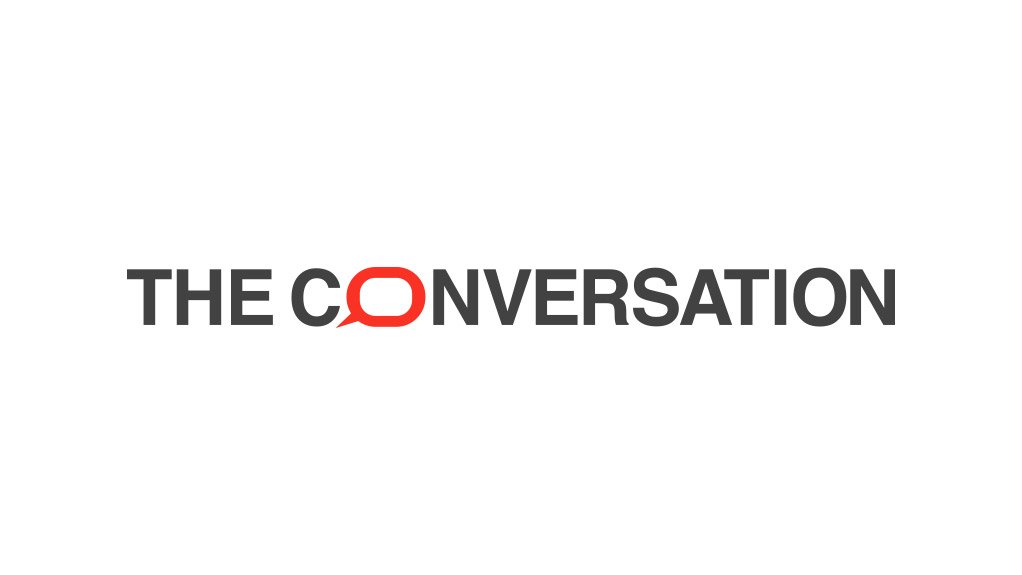![]() Many South African households are trapped. They are neither poor nor middle class. As a demographic they hover above the indigence threshold financially. But they are not yet securely in the middle class.
Many South African households are trapped. They are neither poor nor middle class. As a demographic they hover above the indigence threshold financially. But they are not yet securely in the middle class.
This aspirant middle class – individuals whose income is above the indigent thresholds but too low to afford the middle-class lifestyle – is growing in metropolitan areas globally. This class is financially vulnerable, with a higher risk of falling back into poverty compared to the established middle class.
We set out to understand the challenges faced by this aspirant middle class in South Africa and the key determinants of their progression. We investigated the salient factors that trap them in their progression towards a stable middle class. We used Johannesburg as our case study.
Our research found that several key factors affected this demographic. These include education, racial inequality, access to economic opportunities, entrepreneurship and proximity to amenities.
The findings have important implications for public policy in South Africa. They point to the need for hybrid policy frameworks that not only alleviate poverty but also sustain and expand the middle class. These policies should aim at ensuring social equity, reflecting the needs of the aspirant middle class and integrating them into broader economic and development strategies.
The aspirant middle class and why it matters
The middle class aspirants comprise about 30% of the population based on the authors’ analysis of the 2018 Quality of Life Survey data released by the Gauteng City Region Observatory.
Studies have suggested US$10 per capita per day as the absolute minimum income in the developing world for a person to attain middle-class status.
In South Africa the upper-bound poverty line for individuals to benefit from the indigent policy is US$4.5 per capita per day. This leaves individuals with incomes between US$4.5 and US$10 per capita per day as neither poor nor middle class.
Middle class aspirants are important for several reasons.
Firstly, they often represent a significant consumer base, driving demand for goods and services. Secondly, they are likely to invest in education and healthcare, contributing to human capital development. Thirdly, their aspirations for upward mobility can foster a culture of entrepreneurship and innovation. And lastly they play a key role in political and social stability. They often advocate for improvements in governance as well as social justice.
These households are not poor. But they aren’t secure financially. Their risk of falling into poverty is three times that of the established middle class, according to a United Nations Development Programme report drawn up in 2020. In terms of the South African municipal indigent policies, the aspirants are economically self-sufficient and could be classified as middle class.
However, the aspirants don’t earn enough to cover their bills and care for their households. Their desired economic, social and political life is the same as that of their middle class counterparts.
Middle class factors
Historically, education empowered individuals with skills and knowledge, enhancing their employability and earning potential. In South Africa, the quality of public education has become questionable. Our analysis confirmed that completion of secondary education was no longer enough to sustain progression to middle class status.
Racial inequality can affect access to opportunities, thus affecting social mobility. In South Africa, racial disparities continue to play a significant role. Black Africans have the lowest probability of ascending into the middle class. This is indicative of persistent income and educational inequalities rooted in the country’s history.
Historically, race was a key determinant of ownership of assets in South Africa. And assets such as owning a house provide a buffer against economic uncertainties, an essential element for sustaining middle-class status.
Access to economic opportunities, such as quality jobs and entrepreneurship, is crucial for upward mobility and a stable middle class. Our research found that entrepreneurship could help the aspirant middle class to diversify income sources, enhancing their financial resilience.
Finally, proximity to amenities like healthcare, education and transport is vital for a quality of life consistent with middle-class standards. The absence or deficiency of these amenities can hinder the progression of middle class aspirants and their creation of a secure status.
Proximity is valued because of the overall comfort and time-saving aspects for all household members and its economic benefits, such as reduced transport costs.
What next
The solutions to the problem of growing the middle class aren’t the same as those for poverty alleviation. That’s because each socioeconomic segment – middle class aspirants and the poor – faces idiosyncratic challenges.
We therefore propose hybrid policy frameworks that integrate pro-poor policies and those designed to sustain the middle class.
The government must also design policies aimed specifically at easing the progression of middle class aspirants into a stable middle class. This will enable the aspirants to drive demand for goods and services, invest further in education and healthcare, and foster a culture of entrepreneurship and innovation. They can also play a key role in political and social suitability by advocating for governance improvements and social justice.
Emphasising the role of local governments, the article calls for policies that maximise human potential, redress past imbalances, and ensure broad representation. This will facilitate the upward mobility of the aspirant middle class into a more stable and secure economic position.
Written by Tinashe Mushayanyama, Online Assistant Lecturer, University of South Africa; Adrino Mazenda, Senior Researcher, Associate Professor, University of Pretoria; Margaret Chitiga-Mabugu, Dean of the Faculty of Economic and Management Sciences, University of Pretoria, and Mary Mangai, Senior Lecturer, University of Pretoria
This article is republished from The Conversation under a Creative Commons license. Read the original article.
EMAIL THIS ARTICLE SAVE THIS ARTICLE ARTICLE ENQUIRY
To subscribe email subscriptions@creamermedia.co.za or click here
To advertise email advertising@creamermedia.co.za or click here











